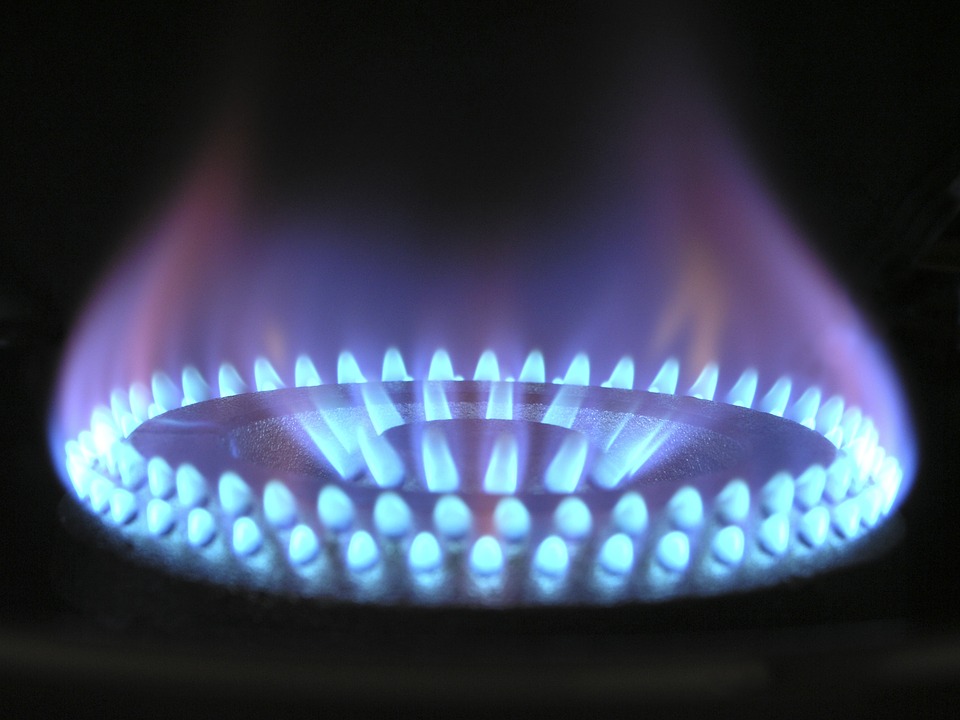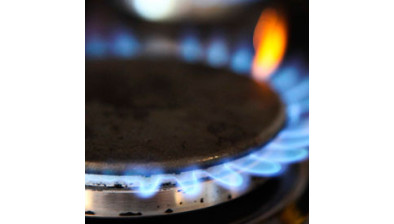Energy price cap to fall 7% in July

British households will see a modest drop in energy costs this summer after Ofgem announced a 7% cut to the energy price cap, reducing average annual bills by £129 to £1,720.
While this decline, driven primarily by falling wholesale gas prices, is a welcome reprieve for consumers, it has also sparked warnings from campaigners and charities that the crisis is far from over.
The latest adjustment, covering July to September 2025, comes as wholesale costs have stabilised and suppliers’ operating costs have slightly decreased. Consumers paying by Direct Debit or on prepayment meters will also benefit from an average annual reduction of £19 in standing charges.
Despite this, Ofgem’s own figures show prices remain £152 higher than the same period last year, and 51% higher than before the energy crisis began in 2021.
Tim Jarvis, Ofgem’s director general of markets, called the drop “welcome news” but urged consumers to remain proactive: “You don’t have to pay the price cap – shop around for fixed tariffs, some of which are up to £200 cheaper.”
He acknowledged ongoing challenges, including record energy debt, and highlighted Ofgem’s commitment to reforming standing charges and developing new support for those in arrears.
Consumer groups and advocacy organisations, however, warn that the headline reduction masks a deeper crisis in affordability and energy debt.
Douglas White, director of policy and advocacy at Consumer Scotland, pointed to a worrying rise in energy debt levels. “Debt in the GB domestic market now exceeds £3.8 billion – the highest on record,” he said. “Fifteen per cent of Scottish households – around 383,000 homes – are in energy debt or arrears, up from 9% last year.”
Consumer Scotland is urging targeted support for vulnerable groups, including disabled people, those with medical conditions, and low-income families. The organisation supports Ofgem’s work on a Debt Relief Scheme and is calling for additional government action on affordability.
Citizens Advice Scotland (CAS) echoed similar concerns. CAS chief executive Derek Mitchell said the cap reduction “should not be taken as a sign that the energy bills crisis is over”.
“People like Elaine, who came to a Citizens Advice Bureau for bankruptcy advice after accruing £32,000 of debt – including £5,000 in energy debt – illustrate the scale of the problem,” he said. “We need long-term solutions such as a social energy tariff and urgent action on energy debt write-offs.”
CAS reported that its advisers helped nearly 10,000 people with energy issues in the first quarter of 2025. The average energy debt in Scotland now stands at £2,500, rising to £3,100 in rural areas.
Advice Direct Scotland warned that many households are still paying hundreds more than they were before the crisis. While the price cap reduction is “welcome,” said policy director Conor Forbes, “it is cold comfort for customers who are paying so much more than they were before the energy crisis began”.
The charity is also highlighting regional disparities in standing charges. From July, households in southern Scotland will pay 54.25p per day for electricity – over 10p more than households in London. A higher proportion of Scottish homes are also off the gas grid, relying on costly electric heating.






